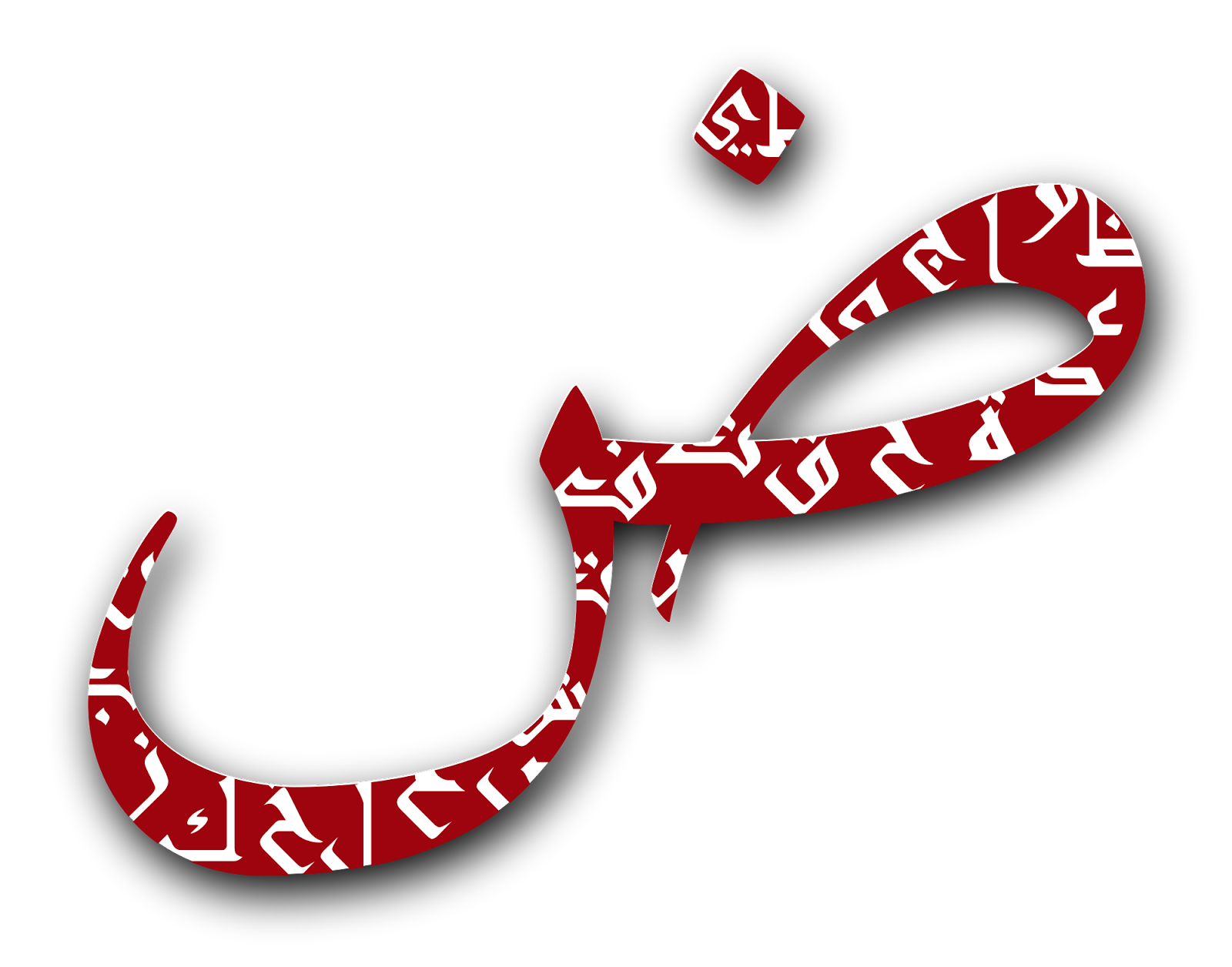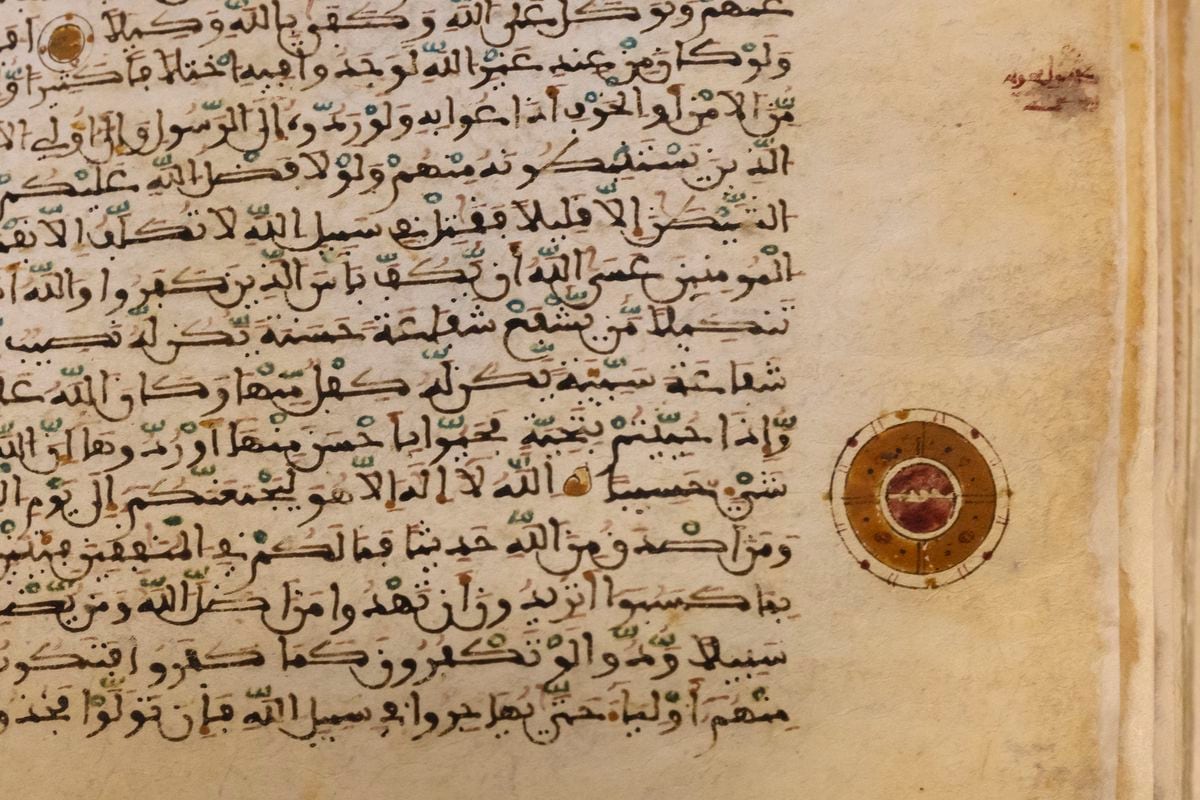Prof_mu3allim [comrade/them]
Your resident Arabic teacher.
- 16 Posts
- 69 Comments

 1·6 months ago
1·6 months agoGlad you enjoyed it!

 15·6 months ago
15·6 months agoIdk why, but I like the word tutelage.

 18·6 months ago
18·6 months agoIf anyone wants to learn
Arabicunder my tutelage

 9·6 months ago
9·6 months ago It’s just, it takes so much time to write a seemingly-short lesson like that.
It’s just, it takes so much time to write a seemingly-short lesson like that.

 10·6 months ago
10·6 months agoThat is what I get for trying to compete with funny memes for your attention
 This is a shitposting site after all lol
This is a shitposting site after all lol

 10·6 months ago
10·6 months ago 4th
4th ArabicLesson. Feels like people already lost interest.

 6·6 months ago
6·6 months agoMarkdown fucking sucks! Why is it so hard to just copy paste something and try to put it in quotes


 4·6 months ago
4·6 months agoA poem he wrote addressed to Hafiz, in my translation:
Unbounded
That you can never end, that makes you great.
That you nowhere begin, that is your fate.
So like the vault of stars, your circling song:
The end is the beginning all along,
And what the middle holds for all to see
Preceded all, and after all shall be.
You are joy’s poet wellspring, ever new
Waves upon waves flow numberless from you!
Lips ready for a kiss as ever,
Song of the breast that sweetly wells,
Throat heady for a drink forever,
Good heart that freely pours and tells.
Let this world perish, so I know
I vie with you and only you,
Hafiz! Lets share all joy and woe
As true twin brothers, one from two.
To love and drink as you would do
Shall be my pride and my life too. Now song with your own fire, ring truer!
For you are older. You are newer.

 4·6 months ago
4·6 months agoThe twitter thread:
I had no idea that Goethe tried to learn Arabic calligraphy, as if I needed more reasons to think highly of the man. Pity he didn’t quite get around to learning proper spelling.
Mind, Goethe ever learned much Arabic, though it’s pretty clear that he would have loved to if given the opportunity. But he sensed the aesthetic value and importance of Arabic calligraphy. As with so many other things where that was the case, he decided to try it out for himself.
He was very impressed by the Persian and Arabic literature that he had been able to read in German and French translation. I don’t think it’s too much of an exaggeration to say that he was a somewhat changed man after reading Hafiz’ divan in a then-recent German translation.
He was a man fascinated by pretty much everything aesthetic and strongly believed in the value of art and literature transcending national and cultural difference. In particular, he found hostility on account of religious difference to be both silly and dangerous. Living in 18th century Germany, he had as much reason to be sick of religious sectarianism as a modern Lebanese person would.

 15·6 months ago
15·6 months ago 3rd
3rd ArabicLesson

 3·6 months ago
3·6 months agoI love your questions! Arabic, like English, can’t have a vowel sound at the beginning of a word. Yeah words like ‘apple’ or ‘egg’ have a glottal stop sound before the initial vowel, difference is we have a letter to represent the glottal stop while European languages don’t. Like I said, vowels modify consonants, so you need a consonant before the vowel, and you can’t have two vowels together.
For example, in English we write Osama & Amir, but in Arabic they are written as أُسامة، أَمير 'usaama , 'amiir
The أ is the glottal stop here and it’s transliterated as ’ or ʔ sometimes.
عَرَبي —which I guess means Arabic—looks like its transliteration is [something]arabii
You are an excellent student! Yes it means Arabic, and that something is the letter ع, another sound that doesn’t exist in English.

 2·6 months ago
2·6 months agoThat a is a short vowel, and vowels modify the preceding letter, so it’s part of ya.
Ha-ya-waan

 4·6 months ago
4·6 months agoI’m gonna include exercises for sure, but for now it’s kinda too early for us to be able to do that.
is there a good textbook you can recommend?
I know this might be a bit shocking but I’d say no there ain’t, because Arabic gets very little attention from the language learning industry and a lot of the material is aimed at “diplomats” wink wink, that is why I make the material myself. But when it comes to the alphabet I guess any book will do, maybe check Alif Baa Introduction to Arabic Letters and Sounds.
Edit: By material I mean the pdfs I share with my students, not these posts.

 5·6 months ago
5·6 months ago
The first lesson in case you didn’t see it.

 9·6 months ago
9·6 months agoThis is not a problem when your language must be written in cursive. With English, you need to learn to write in cursive, but in Arabic it’s called learning how to write





In Arabic we say كِش مات kish maat to mean checkmate. Here is the etymology of checkmate:
In Arabic a check is كِش مَلِك:
كِش kish means to recoil
and مَلِك malik means king
So when it’s a checkmate you say مات maat ‘died’ because it’s over now ت